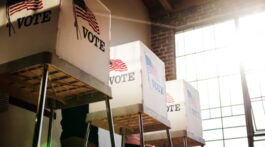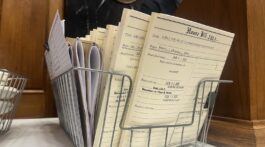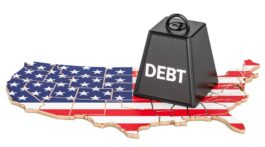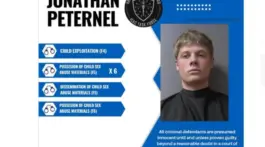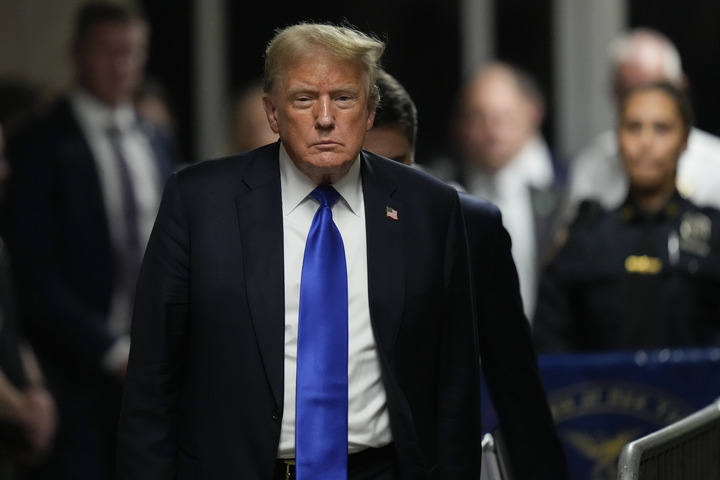By Neal Bowling,
You have asked for an explanation of why many of us perceive the Trump prosecution and trial as raising serious and troubling questions. Here is a non-exhaustive list of concerns. I recommend checking out what Alan Dershowitz, Eli Hoenig, and others have said as well.
- The Indictment. The indictment itself raised a serious question of notice. It elevates a misdemeanor to a felony based on the effort to conceal an underlying crime. However, it does not provide any notice as to what the underlying offense is. As an attorney, you know that one of the key purposes of an indictment is to provide the accused with notice of what he is alleged to have done.
Moreover, it is hard to overlook the fact that virtually no one is prosecuted for a felony under this statute, and certainly, to my knowledge no one who has been prosecuted under this statute where the underlying offense was a federal crime. These facts, combined with the fact that Alvin Bragg ran for DA on the promise to get Trump, give the impression that Bragg first decided Trump must be guilty of something, and then went looking for a crime.
2. Venue. Biden won Manhattan by 85%, a higher margin than any other New York borough. It is also the center of some of the most strident opposition to Trump, and he is a social pariah there. There was a good reason to suspect that he going to have difficulty getting a fair trial there. It would not have been difficult to have the trial in a less polarized venue, such one of those in lower Upstate New York or Long Island.
3. Admissibility of irrelevant and prejudicial evidence. Judge Merchan admitted evidence of Michael Cohen’s guilty plea to election fraud, and evidence of the non-prosecution agreement between the U.S. Attorney’s Office and AMI, the publisher of the National Enquirer, for the same offense. These agreements bore no relevance to Trump’s guilt or lack thereof; that fact in itself should have made them inadmissible. More importantly, these items were highly prejudicial, as the jury was likely to conclude that there must have been some basis for the contention that Trump committed election fraud or else Cohen and AMI wouldn’t have entered into these agreements. The judge issued a limiting instruction that the jury was not to consider this evidence as evidence of Trump’s guilt, but you cannot unring a bell. Once the jury heard this evidence, it was nearly inevitable that it would make the forbidden inference that it was evidence of Trump’s guilt.
4. Exclusion of expert evidence. Trump’s attorneys sought to present testimony of an expert on federal election law to address the issue of what constitutes a campaign expenditure. While questions of law are ordinarily not a proper topic for expert testimony, the prosecutor in this case argued that it was a fact that Trump’s conduct violated federal election law. Depriving the jury of the benefit of expert testimony on this topic allowed the prosecutor to create the impression that this is just a settled fact, when it is not.
5. Jury instructions. The jury was instructed that it need not be unanimous as to the underlying offense that Trump was allegedly trying to cover up. Dispensing with the unanimity requirement raises a serious Sixth Amendment concern. By analogy, in conspiracy cases, juries are always instructed that they must be unanimous as to the goal of the conspiracy.
Neal Bowling is an attorney who practiced as a public defender here in Marion County during the first seven years of my career, then went into private practice as a criminal defense attorney, then segued into civil practice,


